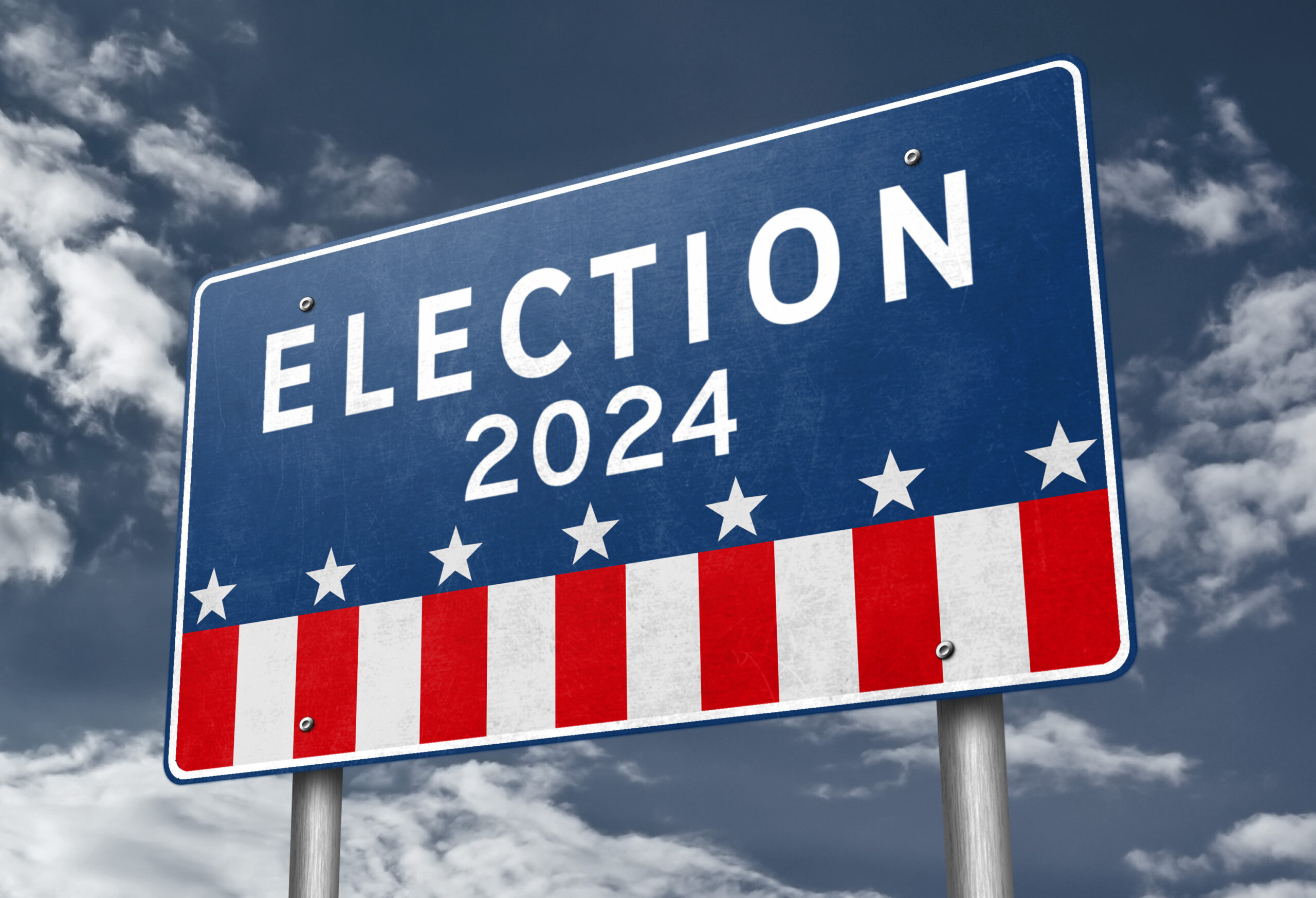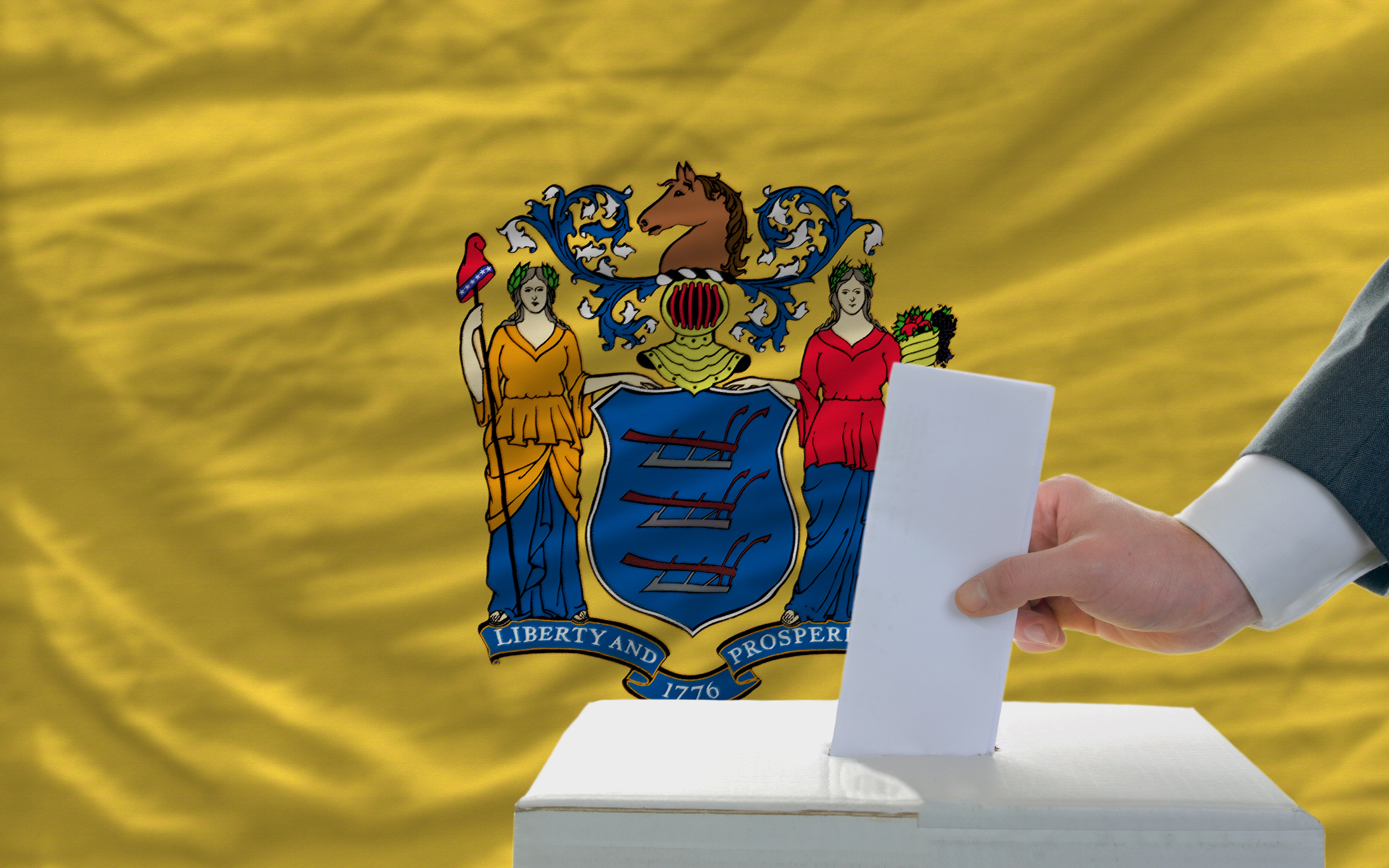Which states are looking to implement Ranked-Choice Voting?
DMGS Article Highlights
- Ranked-choice voting is an alternative to the standard “first-past-the-post” method most of the United States uses.
- Maine is the only state with ranked-choice voting for statewide and congressional races, but some municipalities across the country do as well.
- Other states are looking to implement or expand upon ranked-choice voting.
Almost every state uses the same voting system—a winner-take-all method, where voters can choose one candidate per race on each ballot, and whoever receives the most votes wins. However, other voting systems exist, including ranked-choice voting. In a ranked-choice voting system (RCV), voters rank candidates in order of preference: one, two, three, and so forth. Like in states with runoff elections, if no candidate reaches a 50% majority, the candidate with the lowest total votes is instantly eliminated. Votes are tabulated again, and if a voter’s first pick is eliminated from the first round, their vote then goes to their second choice until one candidate reaches over 50%. If a voter’s vote cannot help their top choice win, their vote counts for their next choice.
Proponents for ranked-choice voting argue that ranked-choice voting ensures that the winning candidate always has most voters’ support. In states using plurality elections with more than two candidates, candidates win even when less than half of voters support them. For example, in Maine, nine of the eleven gubernatorial elections between 1994 and 2014 were won with less than 50% of votes. For example, Paul LePage won the 2010 Maine Governor’s race, with only 38% of the vote. Proponents also argue that ranked-choice voting eliminates the “spoiler” role an independent or third-party candidate can have. RCV also saves money that candidates and the state would otherwise have to spend conducting primaries and runoff elections.
Opponents meanwhile argue that ranked-choice voting is too complicated a system in today’s polarized political environment. There is also the issue of “ballot exhaustion.” If a voter fails to rank all candidates on a ballot, their ballot would be “exhausted” if all of their preferred candidates were eliminated in the early rounds of voting. In this scenario, the voter’s “all or nothing” approach would lead to no registration of their preferences in instant runoff rounds, if they were required.
Many U.S. cities have adopted ranked-choice voting, such as Berkeley, CA; Cambridge, MA; Las Cruces, NM; Minneapolis, MN; Oakland, CA; Takoma Park, MD; Telluride, CO; Vineyard, Utah. Democratic primaries in Alaska, Nevada, Hawaii, Kansas, and Wyoming have also implemented RCV.
Maine
Maine is the only state that has established ranked-choice voting for all congressional and state elections. In 2016, Mainers approved a citizen’s initiative establishing the new voting system. The question read:
Do you want to allow voters to rank their choices of candidates in elections for U.S. Senate, Congress, Governor, State Senate, and State Representative, and to have ballots counted at the state level in multiple rounds in which last-place candidates are eliminated until a candidate wins by majority?
In 2018, voters were then able to cast ballots using ranked-choice voting for elections for U.S. Senate, U.S. House, Governor, and state lawmakers. Maine then became the first state to use ranked-choice voting in a presidential election. While there has since been a lengthy legal battle on the issue, U.S. Supreme Court Justice Stephen Breyer earlier this month upheld the Maine Supreme Court’s decision to uphold ranked-choice voting in the state.
This year, the U.S. Senate’s control could be decided with ranked-choice voting. Republican Maine Senator Susan Collins is up for re-election against Democratic Maine House Speaker Sara Gideon. An example of how to mark a ranked-choice ballot in Maine properly can be viewed here.
Massachusetts
In Massachusetts, voters get to decide via ballot initiative whether their state will implement ranked-choice voting beginning in 2022. The ballot initiative provides that the Commonwealth would use RCV in both primary and general elections for all statewide offices, state legislative offices, federal congressional offices, and certain others. However, the Commonwealth would not use RCV in elections for president, county commissioner, or regional district school committee member. The Commonwealth will strictly use RCV in races where a single candidate can be declared a winner, not in races where multiple people can be elected.
Under the proposed law, votes would be tabulated in a series of rounds. If one candidate receives more than 50% of the first-place votes in the first round, that candidate would be declared the winner, and no other rounds would be necessary. However, if no candidate received more than 50% of the first-place votes, the candidate(s) who received the fewest first-place votes would be eliminated, and in the second round, each vote for an eliminated candidate would then be counted for the next highest-ranked candidate on the voter’s ballot. Additional rounds could occur after that. Further, the Massachusetts Secretary of State would be required to issue regulations in implementing the new law and conduct a voter education campaign about the new voting process.
Supporters of this year’s initiative, such as Voter Choice for Massachusetts, argue that ranked-choice voting puts more power in voters’ hands, while opponents, such as the Massachusetts Fiscal Alliance, argue it is complicated, confusing, and denies voters informed choice.
An August poll revealed an even split on whether or not Massachusetts should implement ranked-choice voting. The poll found 36% in favor, with 36% opposed, and 28% undecided.
Utah
Utah lawmakers passed HB 35 in 2018, establishing a pilot project to permit a municipality to conduct nonpartisan races using instant runoff, or ranked-choice, voting. As a result, two cities in Utah forwent a primary in 2019 and instead held their general elections in November using ranked-choice voting. Other municipalities that expressed interest in the pilot project backed out due to concerns over voter education and implementing the new system.
Since HB 35 passed two years ago, lawmakers have expressed interest in expanding ranked-choice voting statewide. State Representative Mike Winder and state Senator Curt Bramble, both Republicans, are currently planning to introduce legislation when the 2021 legislative session begins in January. The bill will require all government-funded primaries in the state of Utah to be held using ranked-choice voting, starting in May 2021.
Pennsylvania
Lawmakers in Pennsylvania’s two legislative chambers have introduced legislation to implement ranked-choice voting in the Keystone State. In the House, HB 2042 would establish ranked-choice voting for all elected offices in Pennsylvania, except for President, Vice President, and any judicial office. The bill’s sponsor, state Representative Chris Rabb, argues in his cosponsor memo that ranked-choice voting allows voters to rank candidates by order of preference instead of choosing just a single candidate, thus promoting majority support and discouraging negative campaigning. Rabb further states that ranked-choice voting provides more choices and encourages a more reflective representation. Lawmakers introduced HB 2042 in the House State Government Committee in November of last year, though the Committee has yet to consider the bill.
State Senator Daylin Leach released a cosponsor memo on RCV but has not formally introduced a bill. Leach’s cosponsor memo states that switching to ranked-choice voting allows voters to vote for independents and third-party candidates without the danger of their first preference becoming a “spoiler.”
New Jersey
State Assemblyman Andrew Zwicker has introduced legislation in New Jersey in back-to-back sessions to address RCV. In 2019, Zwicker introduced A5205 last session and A1200 this session to implement RCV in the Garden State. A1200 would implement RCV for elections for Governor, state Senate, state Assembly, U.S. Senate, U.S. House, and presidential primaries and general elections for U.S. President and Vice President. A1200 uses the following election thresholds for RCV:
- 33% of the votes counting for candidates in an election for the New Jersey General Assembly, plus one; and
- 50% of the votes counting for candidates in an election for Governor, member of the New Jersey Senate, member of the U.S. Senate or House, plus one.
Lawmakers introduced a companion bill, S1820, in the Senate. Neither bill has advanced through the committee process.
Zwicker stated last year that obstacles remain for establishing this new voting system in New Jersey. Notably, the state’s voting machines are currently unequipped to handle the system, but the bill would require New Jersey’s Secretary of State to verify all voting machines are equipped to handle the new voting system before the laws were to take effect.
Latest News
Photo credit: iStock.com/Arkadiusz Warguła As artificial intelligence (AI) grows in prominence and uses, lawmakers around the country are taking notice. Some lawmakers want to crack down on using artificial intelligence—and deep fakes—in campaigns. Deepfakes are [...]
Photo credit: iStock.com/gguy44 2023 saw three gubernatorial elections in Louisiana, Kentucky, and Mississippi. Republicans picked up one gubernatorial seat, flipping Louisiana with the election of Republican Jeff Landry (Democratic incumbent Governor John Bel Edwards [...]
Photo credit: iStock.com/Zloyel In the 2023 Virginia state legislative general elections, voters filled all 40 State Senate and 100 State House seats. Democratic candidates emerged victorious, achieving majorities in both the House and Senate, and [...]
Photo credit: iStock.com/Vepar5 New Jersey completed its 2023 general election on Tuesday, November 7, electing all 40 seats in the Senate, the complete ensemble of 80 seats in the General Assembly, and numerous local and [...]






Stay In Touch